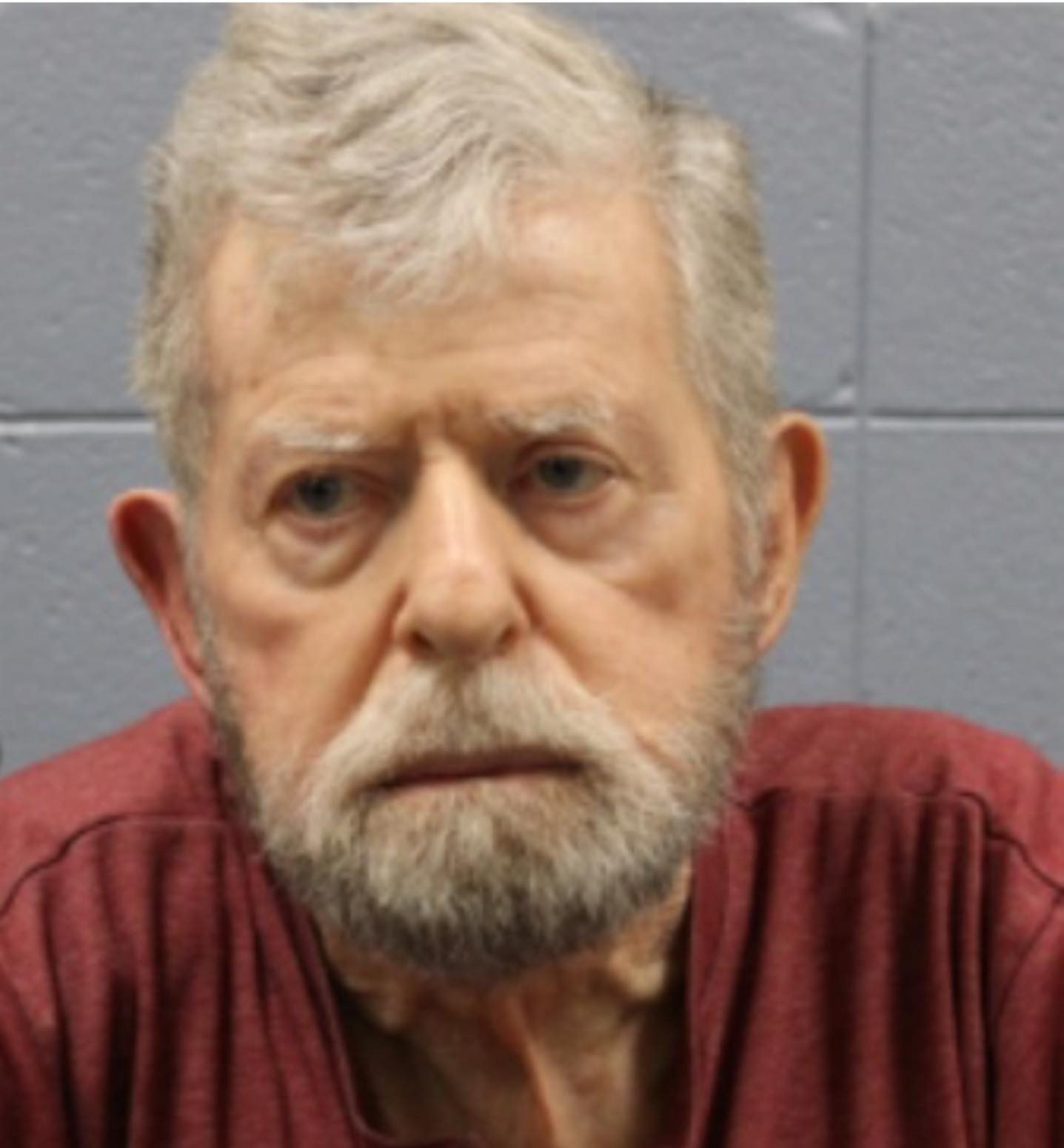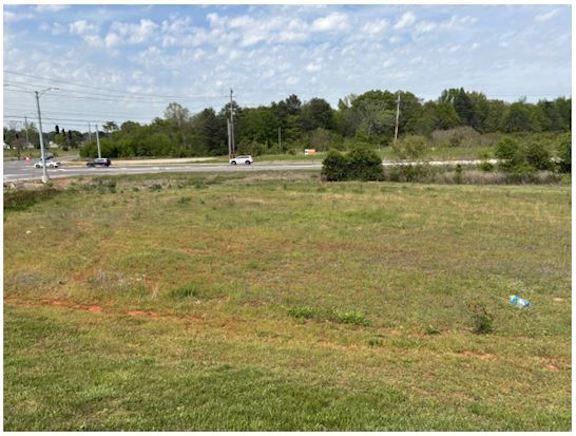Autism will play into motorcyclist shooter’s defense
Published 6:30 am Tuesday, February 7, 2017

- Noah McGlawn
ATHENS — An attorney for Noah McGlawn, the man accused of randomly shooting a motorcyclist on U.S. 72 East in Athens in 2012, said Monday his client’s autism prevented him from appreciating the wrongfulness of his actions and, therefore, he should not be found guilty of attempted murder.
Attorney Patrick Tuten of Huntsville made the statement during opening arguments in the trial of Noah Andrew McGlawn, 24, of Whiteville, Tennessee.
Trending
McGlawn is accused of shooting Brandon Matlock, now age 27, of Athens, as he rode his motorcycle westbound on 72 on Sept. 10. Matlock, who was struck in the torso, later recovered.
The state, represented by Limestone County District Attorney Brian Jones and Deputy District Attorney Jim Ayers Jr., believes even though the victim was chosen randomly, McGlawn, who was found competent to stand trial, intentionally shot Matlock intending to kill him. The state believes McGlawn knew what he was doing at the time of the shooting.
A six woman, seven man jury was selected earlier Monday to hear the case. Circuit Judge Robert Baker is presiding over the trial.
Local attorney Edward Alley is also representing McGlawn.
‘I’ve been shot!’
After opening arguments Monday afternoon, a retired Alabama state trooper testified he had just finished hitting golf balls at the Eagle driving range across from the site of the shooting and was putting his clubs in the back of his pickup when he heard shots ring out.
Trending
“I dove under my truck,” said Gary Fox Sr., noting he had been shot three times during his law enforcement career.
“I heard a guy say, ‘I’ve been shot!’”
Under direct examination by Ayers, Fox said he ran out to the median cut-through where Matlock’s bike was laying and found the victim. He said Matlock told him he could walk, so he helped victim across the eastbound lanes of 72 and into his truck, then called Athens police.
Tuten declined to question Fox and Ayers had no further questions for the witness.
Day of shooting
During opening arguments, Tuten said three weeks before the shooting, McGlawn, who was diagnosed with an autism spectrum disorder, had recommended a psychological evaluation.
Tuten said McGlawn had been enrolled in a tech school after graduating from high school at age 20 but he did not do well and left. His father wanted him to return.
On the day of the shooting, Tuten said McGlawn put a gun, ammunition and two cans of food in his backpack and was going to “disappear.”
Instead, Tuten said McGlawn drove around for about six hours, ending up westbound in a van on 72. After shooting Matlock, he kept driving until he saw a “cop,” then turned around to find the officer but lost him. He drove to the Chevron station and asked for money but the clerk had none to give him. He sat on the floor and said to the clerk: “Can you call the police, I just shot someone.”
The 911 dispatcher tried to determine where the shooting occurred but McGlawn didn’t know where he was. He told the dispatcher when asked he did not do alcohol or drugs. Tuten said McGlawn told Investigator Chris Slaton, who arrested McGlawn, he was worried that the clerk was going to shoot him as a punishment for shooting Matlock.
McGlawn has remained in the Limestone County Jail since his initial arrest in 2012.
The trial will resume at 9 a.m. today.





